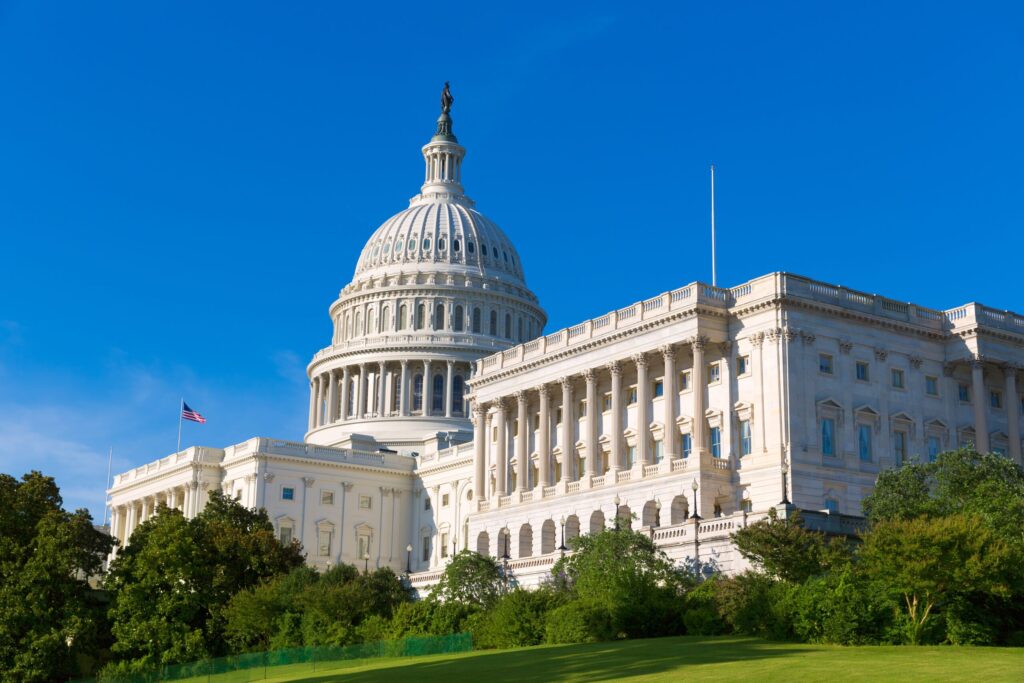Crypto and digital assets have returned to the spotlight this year, fueled by the recent approval of Bitcoin and Ether ETFs. Some of the largest financial institutions have made significant investments in crypto, and the audience for digital assets now extends from high-profile investors to senior financial services executives, lawmakers, and crypto philosophers.
As James Westerdirector of cryptocurrencies at Javelin Strategy & Research, noted in his recent report: Achieving consensus: the Consensus 2024 conferenceThe prevailing sentiment within the crypto community is that digital assets have matured.
However, in his findings on CoinDesk’s annual consensus conference, Wester also noted that there is still a sense of unease within the community. This pervasive uncertainty is due to the lack of a clear regulatory framework around crypto, which has fueled speculation about the future of the sector.
Regulatory advances
Ahead of the May conference, which has long been considered one of the most important gatherings in the crypto community, U.S. lawmakers and regulators advanced several key initiatives regarding crypto. Congress passed a measure to overturn SAB 121, an SEC regulation that prevented financial institutions from holding cryptocurrencies. However, the cancellation of the regulation was later vetoed.
The House then passed the pro-crypto Financial Innovation and Technology for the 21st Century Act (FIT21). Significantly, both pieces of legislation have broad bipartisan support, and the general mood at the conference was that strong bipartisan support was a positive indication of more crypto-friendly legislation to come.
“The most important aspect of FIT21 is that it creates a coherent framework for how existing regulatory agencies divide the world of digital assets and crypto,” Wester said. “Under the bill, the framework is based on how the tokens are used rather than hard-to-define regulatory interpretations or opinions.”
At this point, FIT21 has only passed the House of Representatives. There are significant obstacles to passing the bill through the Senate, and if it passes, it could be significantly changed in the process.
Crypto law is inevitable
Although FIT21 has hurdles to overcome, the crypto community scored a key victory with the approval of ether spot exchange-traded funds. After the highly anticipated launch of Bitcoin ETFs, some were concerned that the U.S. Securities and Exchange Commission would not be quick to give its blessing to Ether ETFs. However, the new funds were approved and five ether ETFs have since been launched.
Despite this victory, the feeling at the consensus conference was that crypto regulation still had a way to go. Many lawmakers in attendance expressed ongoing concerns about the volatility of cryptocurrencies. For this reason, regulators have designated stablecoins and blockchain as the DeFi technologies with the greatest potential for use in conventional financial applications.
Stablecoins, which track a fiat currency like the US dollar, can provide a more efficient and secure payment solution, especially in cross-border applications. This is why stablecoins have been adopted by some of the world’s largest payment companies, including PayPal.
“It’s a big deal for a company like PayPal – a well-regulated, locked-down, risk-averse financial services provider – to use its own stablecoin for cross-border payments,” Wester said. “Given their scope and scale, this could be a very significant problem, particularly in areas where there are no low-cost remittance alternatives. »
Regulatory questions remain regarding the emerging technology. During the consensus conference, Rep. Patrick McHenry (R-NC) said additional crypto legislation would be on the way next year to bring more clarity to stablecoins and the digital assets sector. According to McHenry: “Crypto policy is inevitable, and crypto law is inevitable. »
Points of contention
One of the main points of contention between crypto platforms and regulators is how cryptocurrency itself is defined. The SEC has taken action against Coinbase, Robinhood and many other major crypto exchanges, asserting that digital tokens are securities and not commodities. According to the SEC, these exchanges operate as unlicensed securities dealers.
The Internal Revenue Service recently issued regulations requiring crypto platforms to report their transactions in the same way that brokerage firms report stock and bond transactions. The IRS has instituted rules to identify instances where digital assets are used to hide taxable income.
Although the tax law can be seen as another affirmation that crypto is a security operating more like a stock than a currency, the new guidelines could be beneficial for digital assets in the long term. A more firmly established regulatory framework will likely make crypto more attractive to institutional and traditional investors.
Betting on crypto
Some of the biggest names in the financial industry were in attendance at Consensus 2024, including representatives from financial institutions, payment providers, professional services firms and banking industry vendors, reaffirming digital assets and crypto as a class of significant assets.
Yet some executives at financial institutions, particularly those in wealth management and capital markets, have recognized that their firms’ internal capabilities and institutional understanding of cryptocurrencies, digital assets and stablecoins are not not where they should be.
That mindset is starting to change, however, as executives from Citi, JPMorgan Chase, BNY Mellon, the Bank of Canada and PayPal made presentations at Consensus 2024.
As Wester wrote: “The message from these financial services executives was clear: their companies are betting on crypto and blockchain. »


